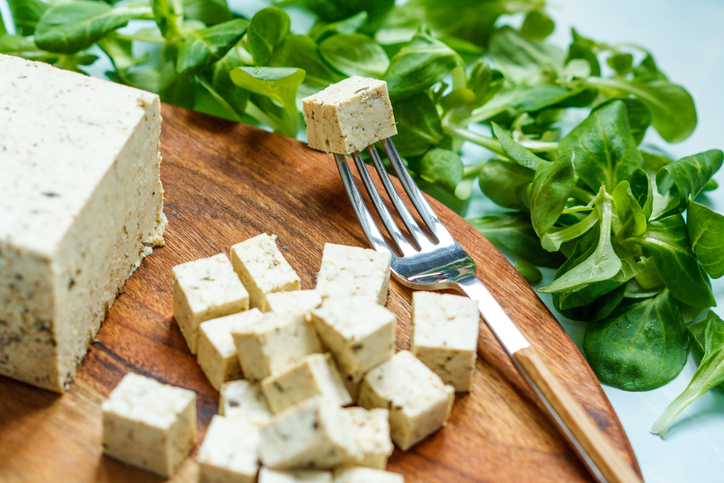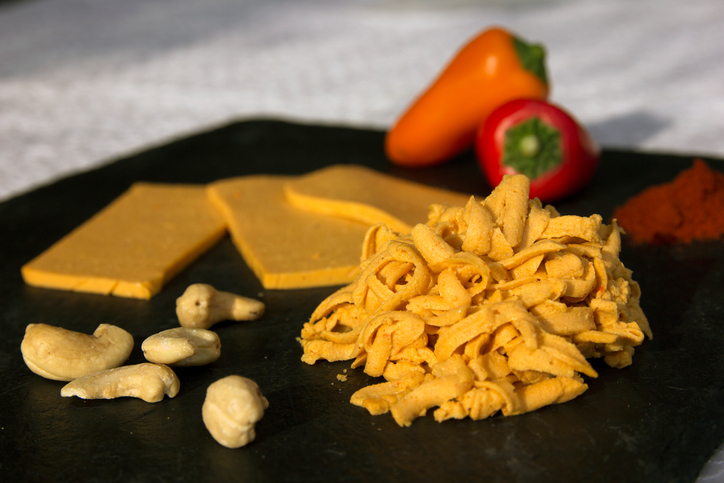
The phrase “vegan cheese” is often met with skepticism by vegans and omnivores alike. For many eco-conscious eaters, the prospect of giving up cheese is the final barrier that prevents them from making the leap from vegetarianism to veganism. This is because, up until quite recently, vegan cheese options were fairly limited and dissimilar from the original dairy product.
However, through developments in food science, safety, and quality, vegan cheese has become a much more palatable option for anyone who needs to remove dairy from their diets. These innovations could also have important implications for food quality control and assurance professionals, as they have changed the process and result of vegan cheese-making. Keep reading to learn more about how these products came to be, and what the future of vegan cheese may hold.
Early Vegan Cheese Options Were Underwhelming to Food Quality Experts
As veganism became a more prominent trend in the 1980s, consumers began to demand and search for dairy-free cheese alternatives. Initially, there was more emphasis on finding products that looked like cheese, and tofu was often the top pick. Tofu is a product made from soybean curd, which can be pressed and chopped into cubes and chunks, made into spreads, and even mashed. However, its texture is not very similar to cheese, and it also lacks cheese’s distinct fermented dairy flavour. There were a few other imitation cheese products on the market at the time, but they tended to have artificial textures, and some included the animal-based protein casein, which made them unsuitable for vegans. For product innovators and professionals with a career in food quality assurance, vegan cheese was still presenting a challenging problem.

Tofu-based products were popular cheese substitutes before other options were developed
Diverse Materials Brought Variety to the Vegan Cheese Market
However, the introduction of new cheese-making materials brought new opportunities into the vegan cheese game. In particular, nut-based cheeses started to become more popular. Not only did they offer different textural and nutritional profiles to tofu products, they also served as an excellent option for consumers who were allergic to soy. Popular nut cheeses include cashew cheese (with a mild taste, often in mozzarella form), and almond-based cheeses (with more intense flavours mimicking cheddar or gouda). Most importantly, these products were fermented, giving them a more intense and cheese-like palette than earlier options.

Nut-based vegan cheeses provide a variety of texture and flavour options
Explore Cheesy Vegan Horizons During Your Career in Food Quality Assurance
As anyone in food quality control training knows, the food product development process is very intricate and precise. One recent development of this process is the advent of artificial dairy flavours. Edlong Dairy Technologies has developed a series of vegan-compliant dairy flavours that are said to give cheese products “richness” and better “mouthfeel.” Additionally, artisanal vegan cheese-makers are starting to experiment more with different kinds of cheese—blue cheese and pepper jack, for example. Increases in demand, new technological capabilities, and creative product developers are all painting a bright picture for the future of vegan cheese. For up-and-coming food safety professionals interested in eco-friendly foods and ground-breaking processes, vegan cheese may prove to be a very compelling industry.
Are you interested in working on the cutting edge of food science?
Contact us at AAPS to learn more about the career options that you can purse with our food safety diploma!



